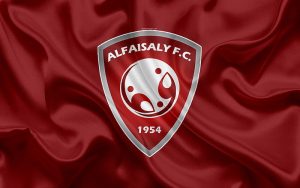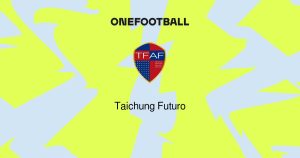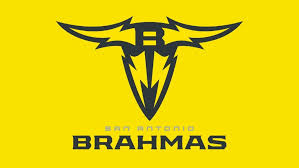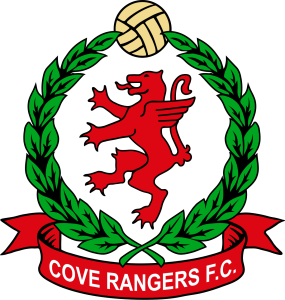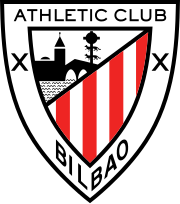
Athletic Club FC
Athletic Club FC, often simply called Athletic Bilbao, stands as one of Spain’s most historic and passionately supported football clubs. Known for its unique philosophy of recruitment—focusing solely on local talent from the Basque Country—this club embodies regional pride and sporting excellence. Athletic Club FC’s legacy is marked by a rich history of triumphs, a steadfast identity, and ongoing dedication to nurturing talent from its community. This comprehensive article explores the deep roots of Athletic Club FC, its significant achievements, key figures through the ages, and the latest developments shaping its future.
The Origins and Evolution of Athletic Club FC
Athletic Club FC’s origins trace back to the late 19th century, with its founders drawing inspiration from the burgeoning football movement in Britain. The club’s foundation is intrinsically linked to the socio-economic context of the Basque region, blending regional identity with sporting ambition. Over the decades, Athletic has evolved from a local pastime to a nationally renowned institution, maintaining its core values amid changing football landscapes 33win.
Early Years and Founding Principles
In 1898, in the city of Bilbao, a group of British expatriates and local enthusiasts laid the groundwork for what would become Athletic Club FC. The club officially registered in 1901, adopting a motto of fostering local talent and promoting amateurism. Unique among top European clubs, Athletic’s commitment to only signing players from the Basque Country distinguished it early on and became a symbol of regional pride.
The club’s founding principles were based on community engagement and regional identity, with football serving as a unifying activity for a diverse population. The early years saw rapid growth in local popularity, with athleticism and regional pride intertwined, fostering an enduring fan base that still supports the club passionately today.
Development through the 20th Century
Throughout the early and mid-20th century, Athletic FC experienced periods of success and hardship. The club navigated political upheavals in Spain, notably during the Spanish Civil War and subsequent Franco regime, which affected sporting operations and relationships with regional identities. Despite these challenges, Athletic seized opportunities for growth, winning regional titles and beginning to establish dominance in Spanish football.
The post-World War II era marked a turning point as Athletic implemented more structured training and scouting systems. The club’s resilience was evident as it maintained its regional recruitment policy—an uncommon approach that would later become its trademark. Over this period, Athleticitos (youth players) began to emerge from its cantera (youth academy), laying the groundwork for future successes.
The Modern Era and Institutional Growth
Entering the late 20th century and early 21st century, Athletic Club FC solidified its reputation through a combination of tradition and adaptation. They participated in the newly formed La Liga, consistently competing against some of Europe’s biggest clubs. The club’s focus on maintaining its regional identity amidst the globalizing landscape of football has been remarkable.
From constructing modern training facilities to forming partnerships with local communities, the club has expanded its infrastructure without compromising its core ethos. Its cantera system, famously producing world-class talents, remains a vital part of Athletic’s identity. This focus on player development rather than transfers underscores Athletic’s commitment to regional pride and youth cultivation.
